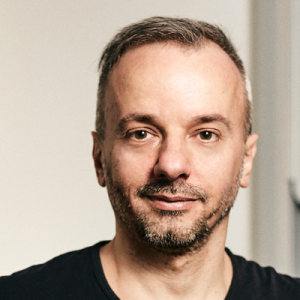Analysis and Detection of Computational Propaganda: Current and Future Research Directions
Internet has provided tools and platforms that make it extremely easy for anyone to express themselves by creating and sharing content. However, the difficulty to automatically filteri inappropriate content has left the door open to the diffusion of disinformation, fake news and propaganda. The problem is exacerbated by today’s pervasiveness of social networks, since they allow even relatively small organisations to reach very large audiences with targeted campaigns, possibly influencing major public events, such as major elections and the public discussion after the COVID-19 outbreak. Building tools to detect and analyse propaganda carried out through computational means requires the combined efforts of different research communities, including the ones working on Network Analysis, Image Processing and Natural Language Processing. In this talk we give an overview of computational propaganda, focusing on text-based and multimodal approaches, in multiple languages, targeting specific rhetorical and psychological persuasion techniques used to convey propagandistic messages.
 Giovanni Da San Martino
Giovanni Da San Martino
Giovanni Da San Martino is Associate Professor at the University of Padova. His research interests are at the intersection of machine learning and natural language processing.
He received his Ph.D in Computer Science from the University of Bologna in 2009. Prior to joining the University of Padova, he has been Scientist at Qatar computing Research Institute.
He received the best paper award at WebSci 2022 for the paper “The Spread of Propaganda by Coordinated Communities on Social Media” and the best demo paper honorable mention at ACL 2020 for the paper “Prta: A System to Support the Analysis of Propaganda Techniques in the News.”
He is Leading Principal Investigator for the project “A Corpus for Persuasion Techniques in Multimodal Data,” funded by Meta.
He served as general chair for CLEF 2022 and he is chair of SemEval for the years 2023-2024.
He has been organiser of several events around the topic of propaganda detection and disinformation: workshops (CLEF’19–CLEF’22, SocInfo’19, NLP4IF’19–NLP4IF’22), shared tasks (EMNLP’19, SemEval2020, SemEval2021)), tutorials (IJCAI’20, EMNLP’20, WSDM’22, WWW’22, ICML’23).
He is member of the Editorial Board of the journals Neural Networks and Information Processing & Management.
